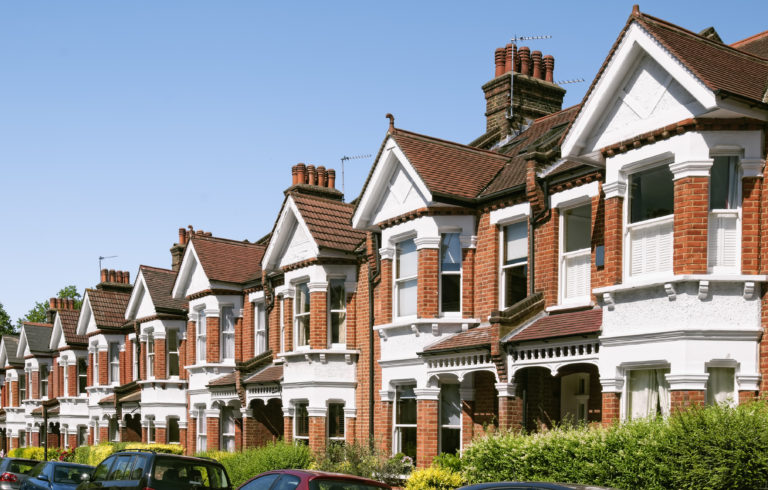The increasing importance of ‘the Bank of Mum and Dad’ is an issue for the UK property industry, and one with potential pitfalls.
A new report has shown that it is more and more likely that young, first-time buyers can only rely on their parents if they have a level of wealth backed up by property of their own. With more people of all ages renting rather than owning property, the number of parents with the collateral to help their children is reduced.
Being able to lend from the Bank of Mum and Dad is an option for the few, increasing the gap between those can get onto the property ladder and those that cannot.
The Resolution Foundation’s report – House of the Rising Son (or Daughter) – finds that half of millennials (people born from 1977 to 1995) who do not own their own property do not have home-owning parents.
Gap widening
Up until the early 2000s, it finds that 40% of 30-year-olds backed by parental wealth owned a home – around twice the number of those who did not. Now only 25% of those aged 30 who own property have parental wealth behind them – but that is now three times as many as those without it.
Between 2013 and 2017, those with parental wealth were 80% more likely to own a home than those whose parents were note homeowners. That’s in marked contrast to 2003 to 2007, when that figure stood at just 20% more likely.
Backing up the importance of the Bank of Mum and Dad are findings from Totally Money. They report that 16% of millennials do not save any money each month, and their generation are the most likely to run out of money before pay day.
Earlier in 2018, data from Legal and General estimated that 319,000 prospective buyers would turn to their parents for help buying a home. They reported that three out of five under-35s were relying on the Bank of Mum and Dad.
“Our housing crisis is so big that what your parents own is becoming as important as how much you earn when it comes to owning your own home,” said Stephen Clarke, the Resolutions Foundation’s Senior Economic Analyst.
“This is particularly worrying for the one in two millennials who aren’t homeowners, and whose parents also aren’t either. These findings reinforce the need to think more broadly about what the barriers to social mobility are in 21st century Britain.
“We’ve always known that who your parents are affects what education you get and job you do. But increasingly the effect is continuing later into life by determining whether you are able to own a home of your own.”
One answer to the problem could be crowdfunding, with Shojin Property Partners raising around £1million over the last year for five UK property projects backed mainly by millennials.









